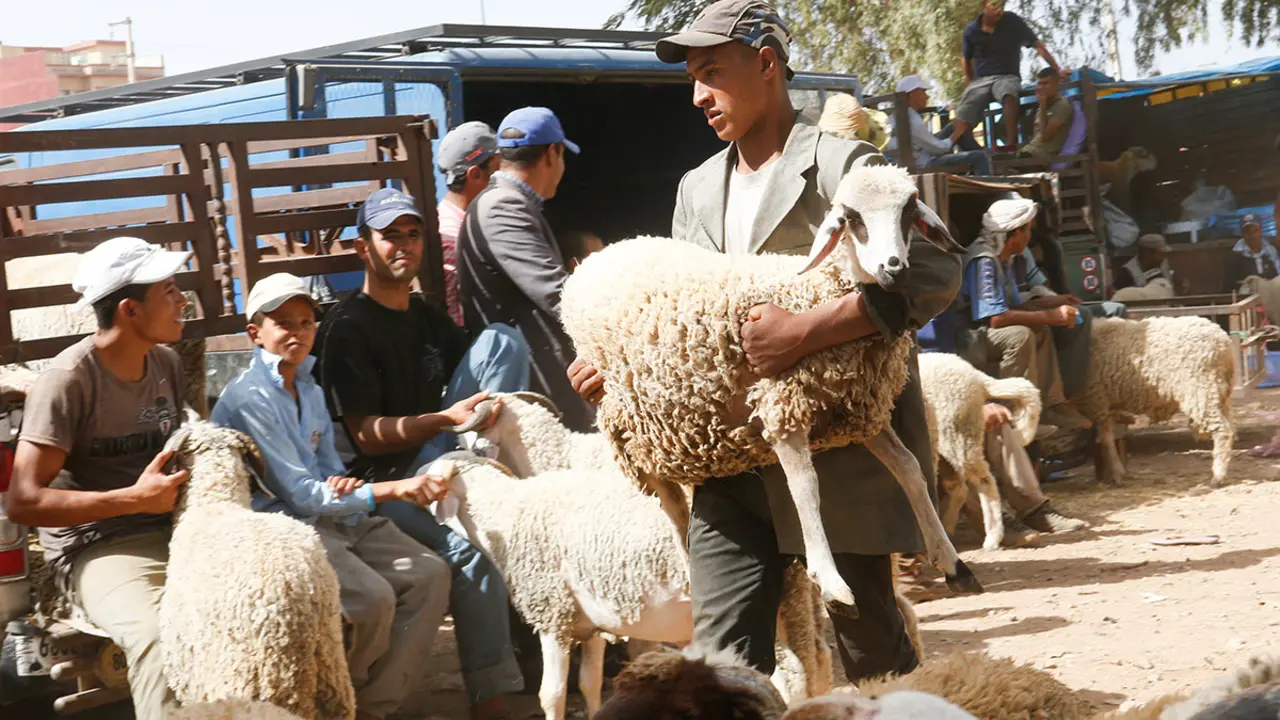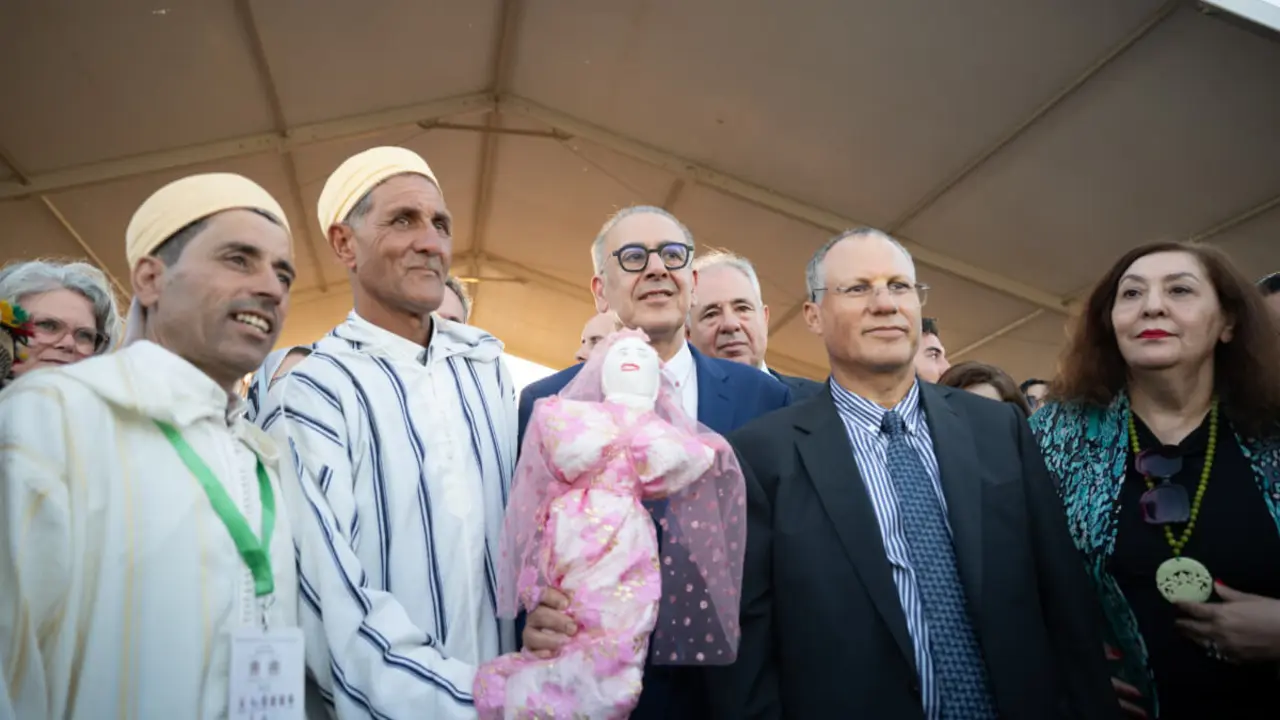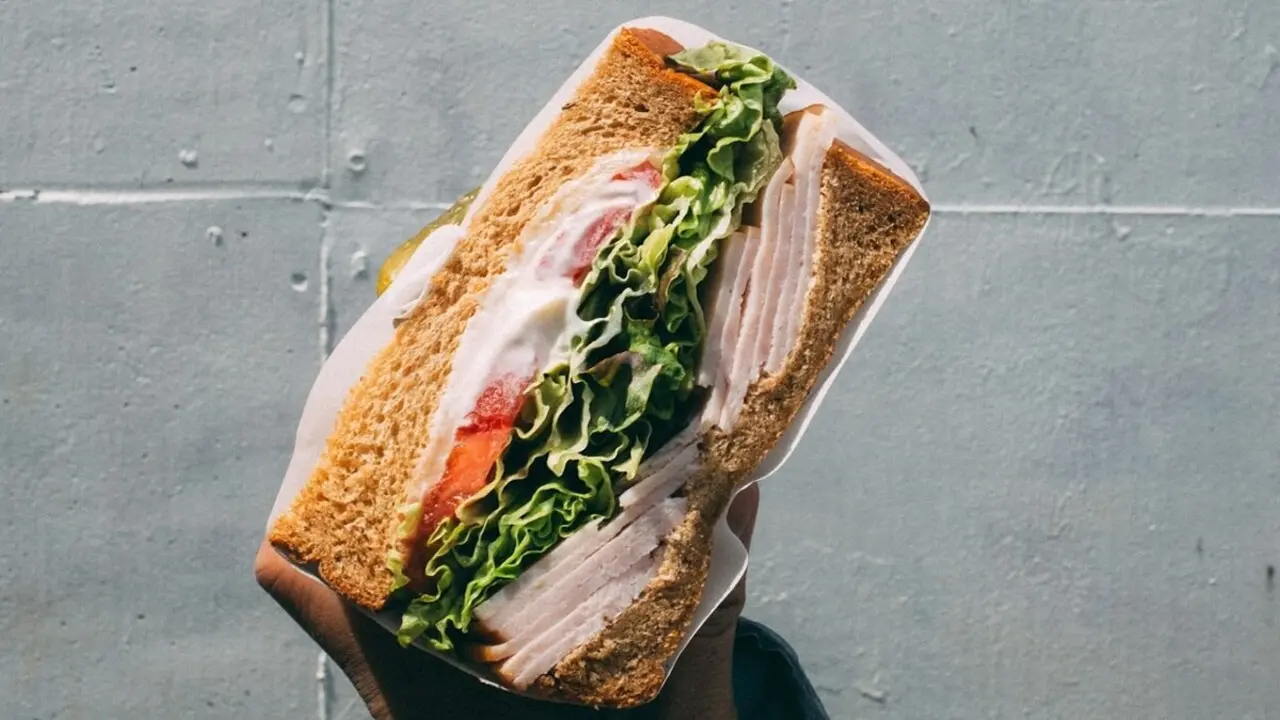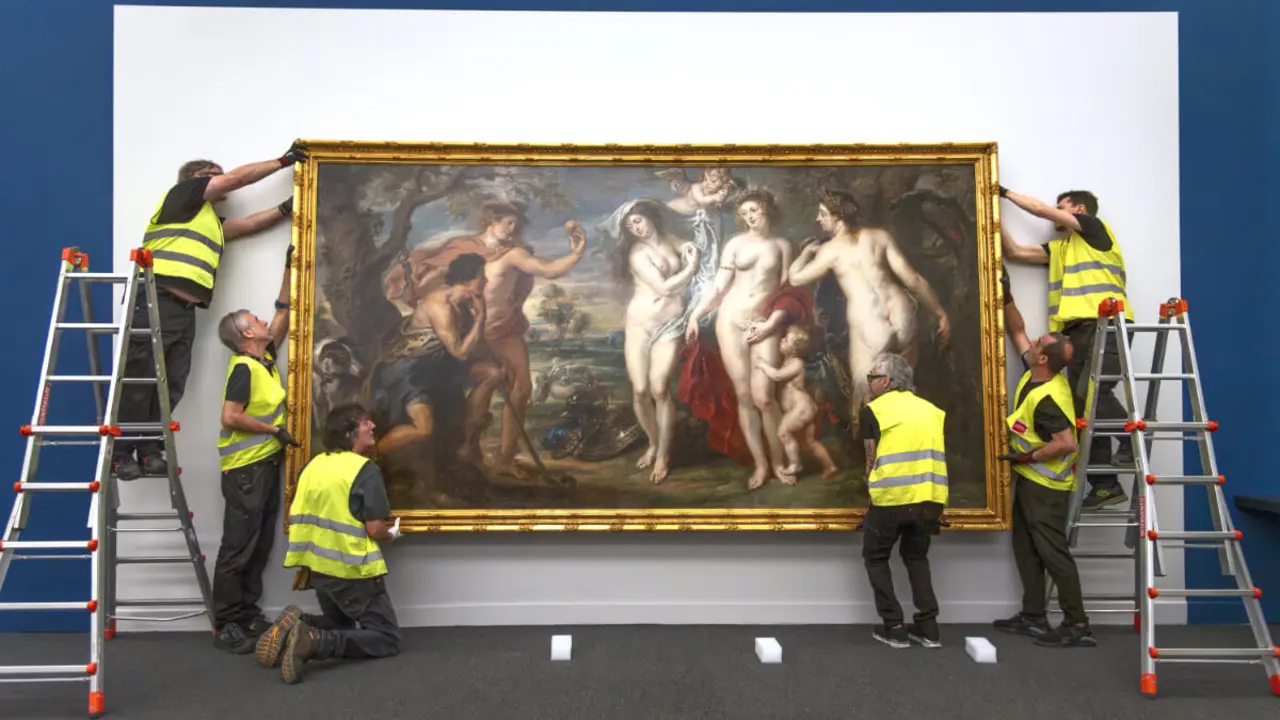Violence and politics, Bolivia's eternal debt to women
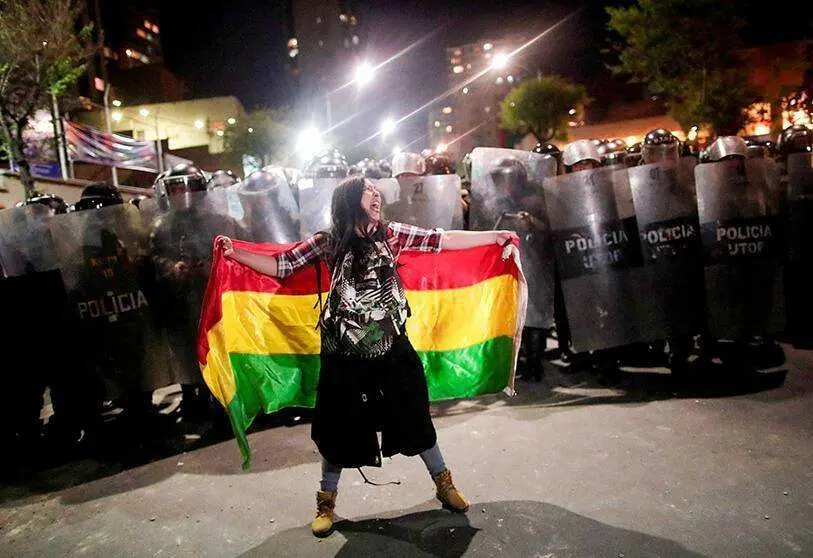
Efforts in Bolivia to combat male violence and to guarantee women's political rights appear insufficient, as the country has maintained an annual average of 110 femicides over the last seven years and parties are constantly finding ways to bypass the parity required by law for candidates.
For some eight years now, Bolivia has had a regulatory framework that seeks to protect women from all types of violence and political harassment, as well as guaranteeing their electoral participation.
The numbers of political participation appear encouraging, but in practice women are still far from holding senior executive positions or fully exercising the positions to which they were elected because harassment, often by their own party colleagues, is prevalent.
Moreover, while femicide is punishable by 30 years in prison without pardon, violence against girls and women has not abated.

Bolivia closed 2020 with at least 113 women dead from male violence and three more cases recorded at the start of the new year, according to the Public Prosecutor's Office.
In statements to Efe, the director of the Women's Coordinating Committee, Mónica Novillo, explained that in the last seven years there has been an annual average of 110 feminicides, a number that "continues to be high".
"This is an indicator that the measures taken to protect women are insufficient," she said.
Of the total number of femicides that occurred in 2020, 53 were recorded during the country's quarantine between March and August, the Public Prosecutor's Office reported.
Novillo lamented the "generalised lack of sensitivity" to violence against women during the quarantine, a period in which they had to live with their aggressors 24 hours a day "without conditions" to be able to report them.
Lack of police attention at first and mobility restrictions prevented women from reporting violence in a timely manner, so there is likely to be under-reporting, she said.
He also questioned the fact that the transitional government of former President Jeanine Áñez declared 2020 as the year for fighting femicide and infanticide without taking concrete measures to combat them.
The feminist organisations are attentive to the announcement by the Ministry of Justice that the law against male violence will be evaluated in order to propose reforms that will allow its full application, a constant demand of these entities.
The country has boasted several times of being one of the few in the world with a parity legislative assembly.
The numbers prove it right, as in the recent general elections women achieved a presence of 51.9% in Parliament, 55.5% in the Senate and 46.9% in the Deputies.
However, both chambers are presided over by men, as is Parliament, whose head is the country's Vice-President, David Choquehuanca.
In addition, the first cabinet of ministers of President Luis Arce is made up of 13 men and only four women.
The greater political participation of women is accompanied by a proportional increase in harassment and violence against them, as evidenced by a study published in 2019 which revealed that seven out of every ten women parliamentarians suffered from one of these scourges, which also reached sub-national levels.
Last November, the Association of Bolivian Councillors and Mayors reported that it has been more than eight years since the law against political harassment and violence was passed, and so far there is not a single case with a criminal sentence.
That law was promoted after the violent death in 2012 of councillor Juana Quispe, following a series of political pressures and threats, a case that continues to be stalled in the courts.

Parties wishing to participate in electoral processes, such as the sub-national elections in March, must take into account the principles of parity and alternation to ensure that at least half of their candidates are women.
Although this requirement is in place, women continue to be excluded from high office, as evidenced by the fact that in the 2015 sub-national elections only 27 women were elected mayors compared to 312 men.
In the current process, out of a total of 2,004 candidates for regional or municipal executive positions, 1,687 are men and 317 women, only 16%, reported the electoral body.
"These macho visions that women do not belong in the political sphere persist, and to that extent they are also placed in places on the lists that are less expected," Novillo criticised.
She also denounced the fact that some parties are forcing women regional parliamentarians or councillors to resign when they have completed half of their term in office so that their male substitutes can take over, something that is not required of men.
Some political organisations argue that there are no women candidates, and others are holding back their nominations even though they have support, as happened with former Senate President Eva Copa, who had to leave the government's Movement Towards Socialism (MAS) to run for mayor of the city of El Alto.


